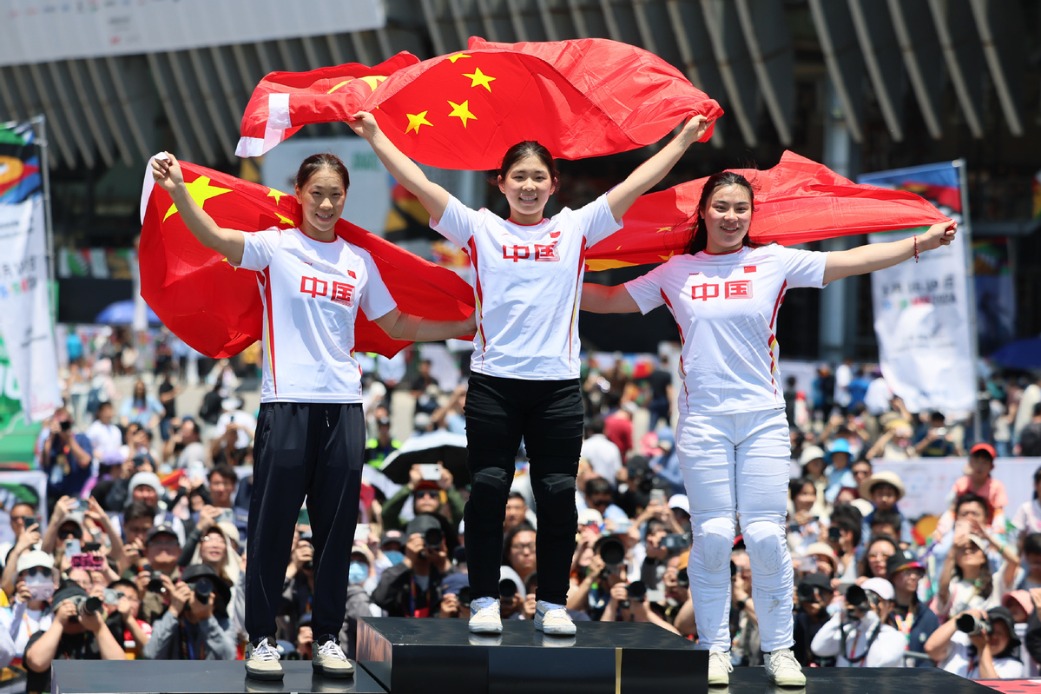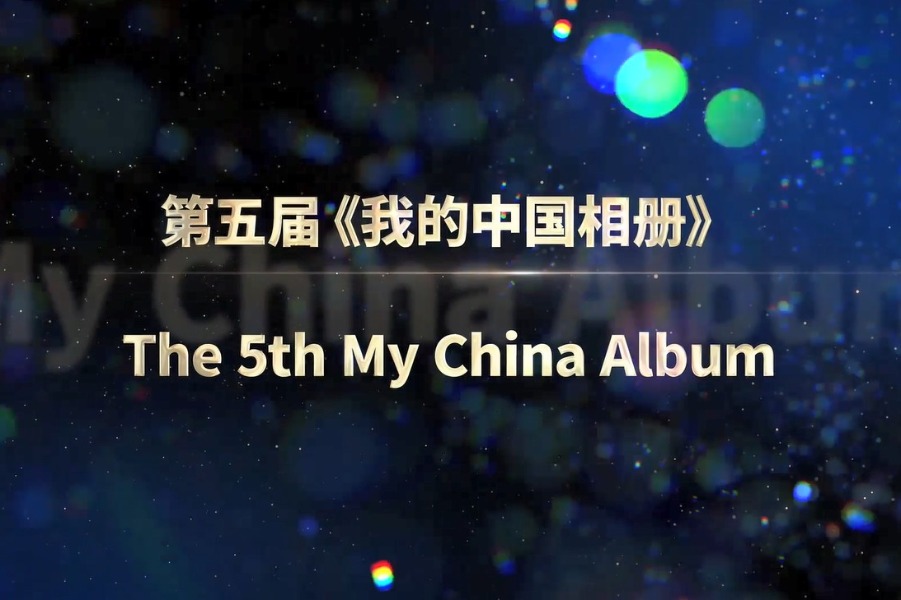Monetization of deficit is a poison
China Daily | Updated: 2020-06-22 07:59

Countries should have second thoughts before trying to stimulate the economy through taking "unparalleled" quantitative easing measures so as to reserve certain policy space for the future, Guo Shuqing, Party chief of China's central bank and chair of the China Banking and Insurance Regulatory Commission, cautioned at a financial forum in Shanghai late last week.
China will not resort to a "broad irrigation" style stimulus package to revive its economy, nor the so-called monetization of fiscal deficits or negative interest rates that some developed countries are carrying out, he added.
This is the first time a Chinese official has so clearly expressed his opposition to the monetization of fiscal deficits, and it can also be taken as a response to the rising call of some people for China to take such a move to give a shot in the arm to its economy.
That the United States carries out infinite monetization of its fiscal deficit policy is out of both economic and political considerations.
On the one hand, if there is no stimulus policy, the world's largest economy might slip into a systemic recession at any time with no signs appearing that the COVID-19 pandemic is likely to be controlled in the country. By injecting large sums of funds into the economy in a short time, the US intends to dilute its already precarious financial bubbles, and once that morphine is applied, it will be hard to undergo withdrawal.
On the other hand, the US administration needs the immediate effects of the stimulus policies to quench the public anger at its inability to control the pandemic and revive the economy, and to marshal support in the forthcoming presidential election for itself.
And the US dollar's status as an international currency means the US can have other countries sustain the risks and costs of such a financial policy.
That Japan has decided on the monetization of its fiscal deficit is to stabilize its hard-earned economic recovery momentum, and avoid a collapse of its housing sector, the risks of which are both overshadowed by the lasting COVID-19 pandemic and the postponement of the Tokyo Olympics.
China has not such serious financial bubbles as the US, and neither has it the urgency of Japan to use such radical measures to buy the real estate industry a way out; what China needs is to adjust its credit fund structure so that more funds can go to the cash-thirsty real economy, particularly industry, innovation and the public service sector, rather than housing markets or government fund-raising platforms.
In other words, China has already printed enough banknotes but it has not yet channeled them to the needed areas.
























